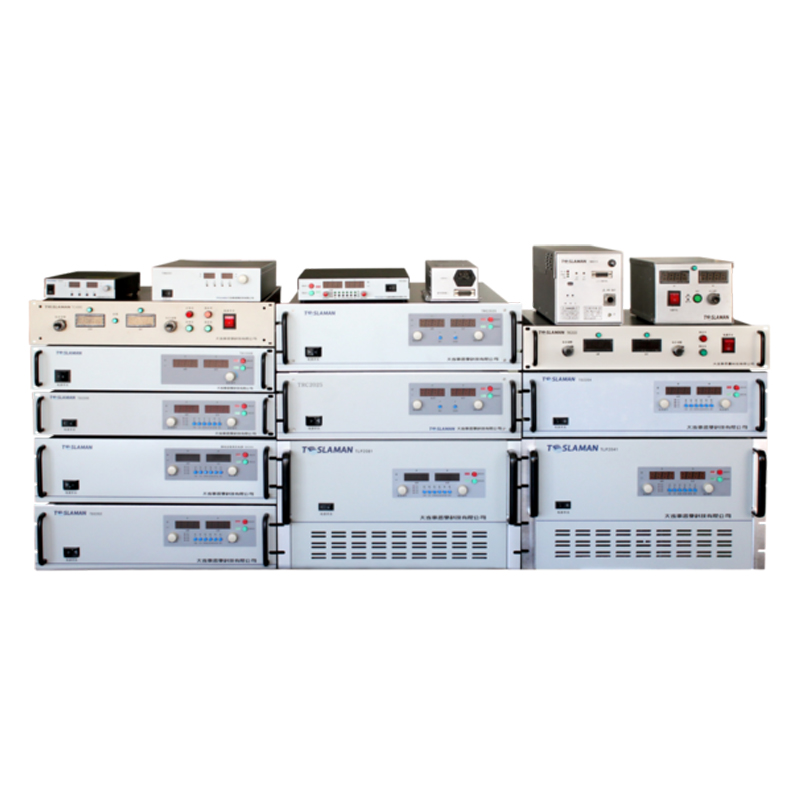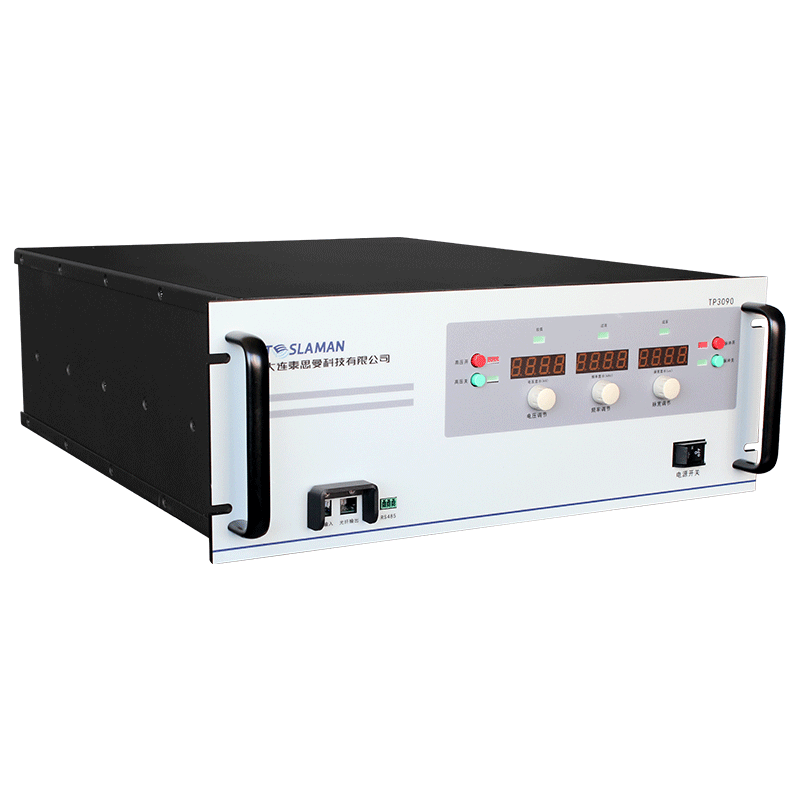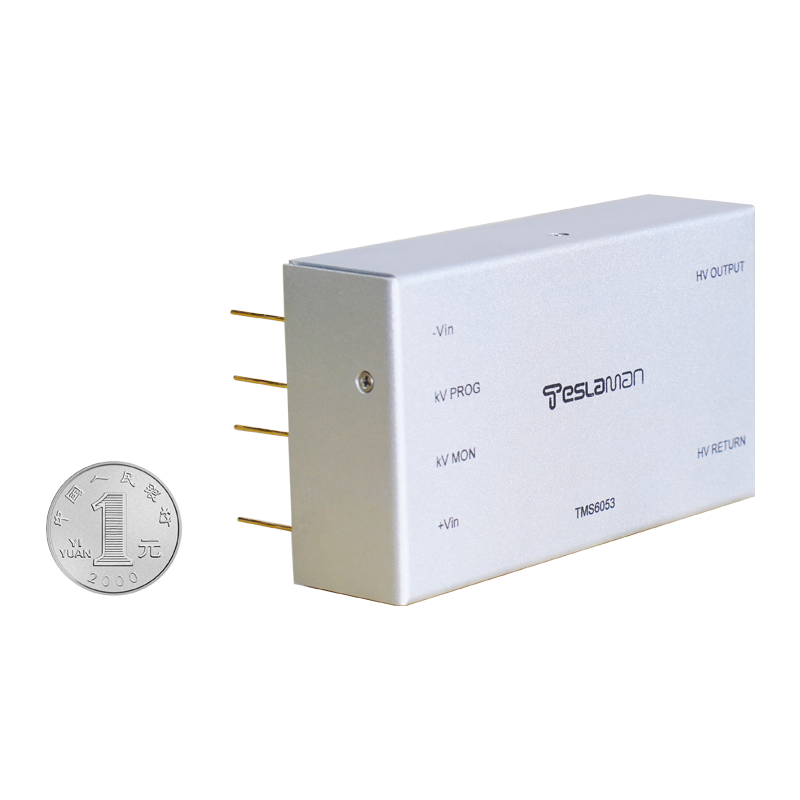Application and Performance Verification of High-Voltage Module Power Supplies in Solar Photovoltaic Inverters
With the global energy structure transformation and the continuous development of renewable energy technologies, solar photovoltaic power generation, as a clean and efficient form of energy, is gradually becoming an important part of the power supply. In solar power generation systems, photovoltaic inverters, as one of the core equipment, are responsible for converting the direct current (DC) electricity generated by photovoltaic modules into alternating current (AC) electricity and connecting it to the grid. In this process, the application of high-voltage module power supplies is crucial for improving inverter efficiency and system stability.
**I. The Role of High-Voltage Module Power Supplies in Photovoltaic Inverters**
The working principle of photovoltaic inverters is to achieve the conversion from DC to AC through the switching actions of power electronic devices (such as IGBT, MOSFET, etc.). In this process, stable working voltage and current need to be provided for these devices. As an efficient and reliable power solution, high-voltage module power supplies can provide the stable high-voltage DC power required for photovoltaic inverters. Specifically, the role of high-voltage module power supplies in photovoltaic inverters includes:
1. Providing stable DC bus voltage to ensure normal operation of the inverter;
2. Achieving maximum power point tracking (MPPT) to improve the energy utilization rate of photovoltaic modules;
3. Optimizing system efficiency and reducing inverter power consumption and thermal losses;
4. Enhancing system reliability and stability, reducing system failures caused by power supply issues.
**II. Performance Requirements of High-Voltage Module Power Supplies**
High-voltage module power supplies applied to solar photovoltaic inverters need to meet the following performance requirements:
1. **High efficiency**: To maximize the overall efficiency of the photovoltaic system, high-voltage module power supplies must have the characteristic of high efficiency to reduce energy loss.
2. **High reliability**: Photovoltaic inverters are usually installed outdoors or in harsh environments, so high-voltage module power supplies must possess good anti-interference ability, moisture-proof and dust-proof characteristics to ensure long-term stable operation.
3. **Wide input voltage range**: Since the output voltage of photovoltaic modules is greatly affected by factors such as light intensity and temperature, high-voltage module power supplies need to have a wide input voltage range to adapt to different working conditions.
4. **Low ripple noise**: In order to ensure that the quality of AC power output by the inverter meets the grid standards, high-voltage module power supplies need to have low ripple noise characteristics.
5. **Good heat dissipation performance**: Since high-voltage module power supplies generate certain amounts of heat during operation, they need to have good heat dissipation performance to prevent damage due to overheating.
**III. Performance Verification Methods**
To verify the performance and effectiveness of high-voltage module power supplies in photovoltaic inverters, the following methods can be used for testing:
1. **Environmental adaptability test**: Conduct long-term operation tests on high-voltage module power supplies under different temperatures, humidity, and electromagnetic interference environments to assess their environmental adaptability and stability.
2. **Electrical performance test**: Test key electrical indicators such as input and output characteristics, efficiency, and ripple noise of high-voltage module power supplies to ensure they meet design requirements.
4.**System integration test**: Integrate high-voltage module power supplies into the photovoltaic inverter system for overall performance testing, and evaluate their impact on inverter efficiency and stability.




















